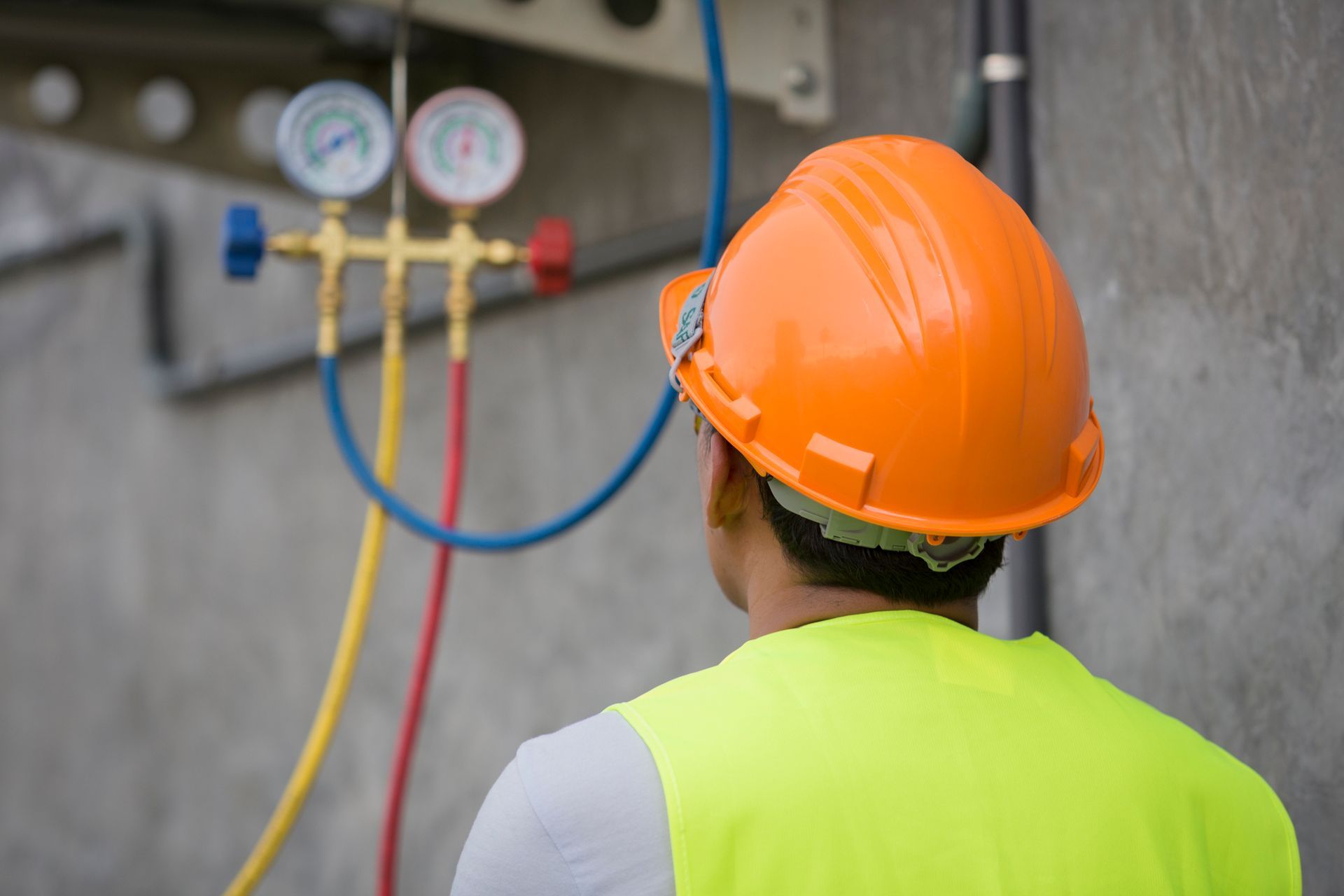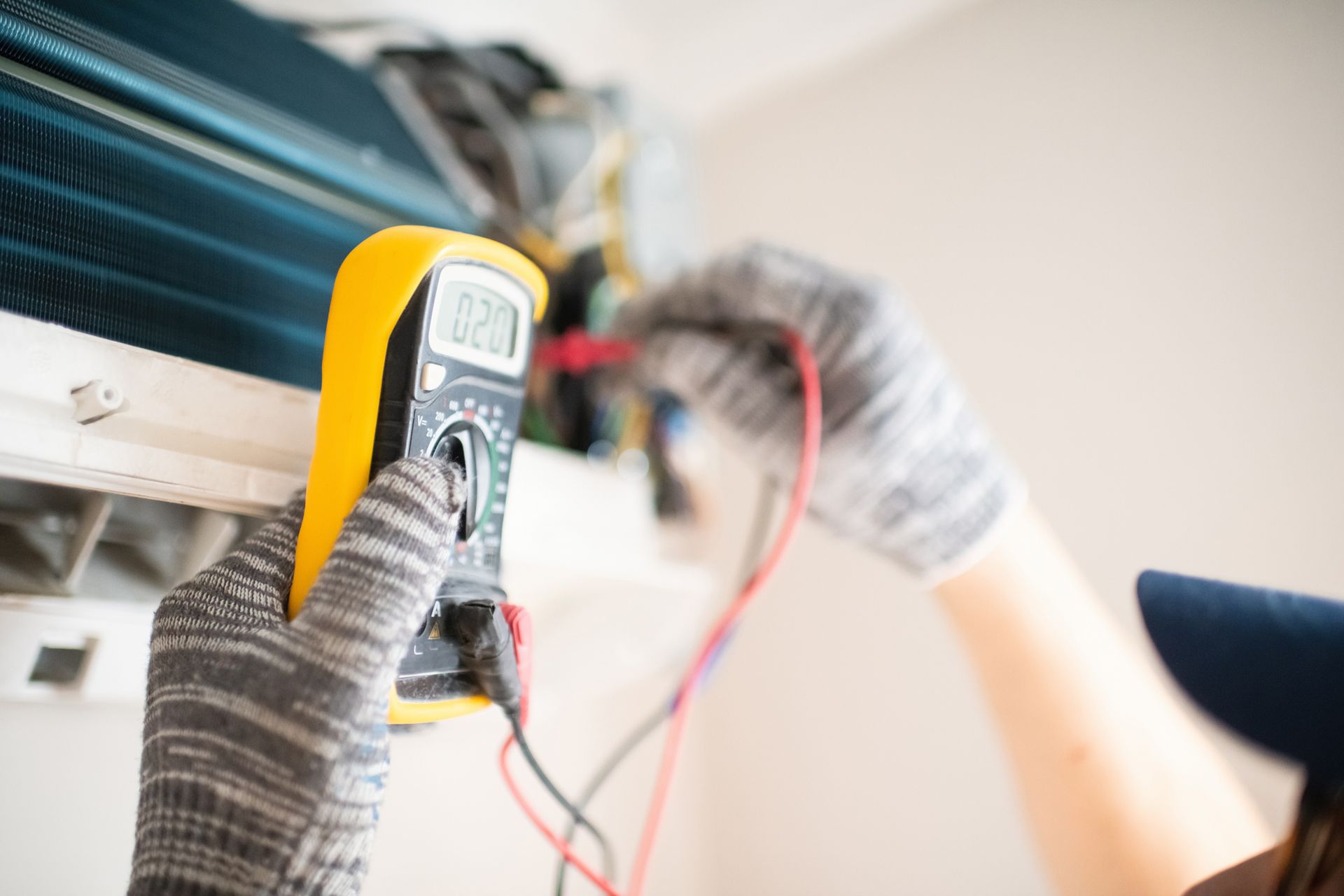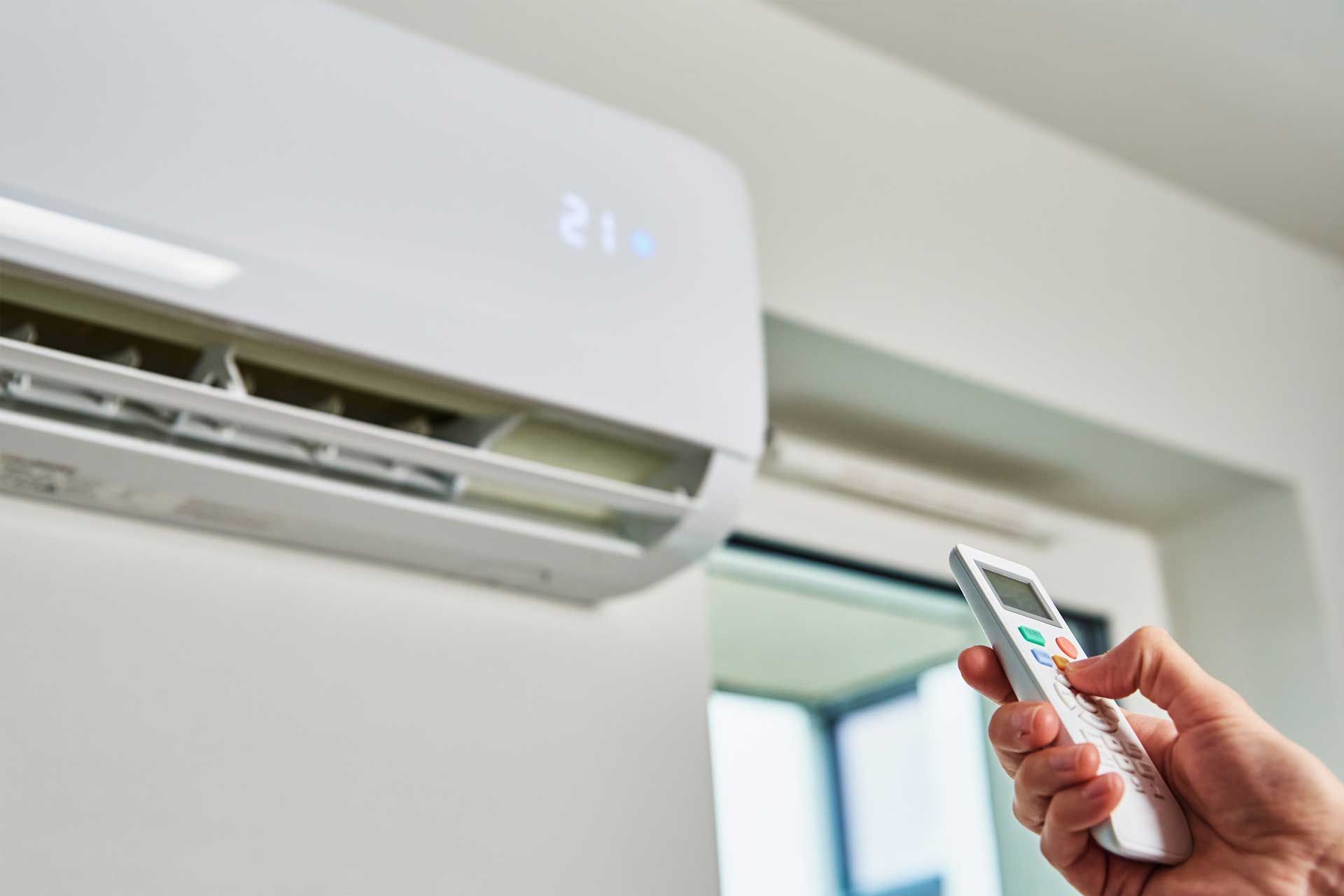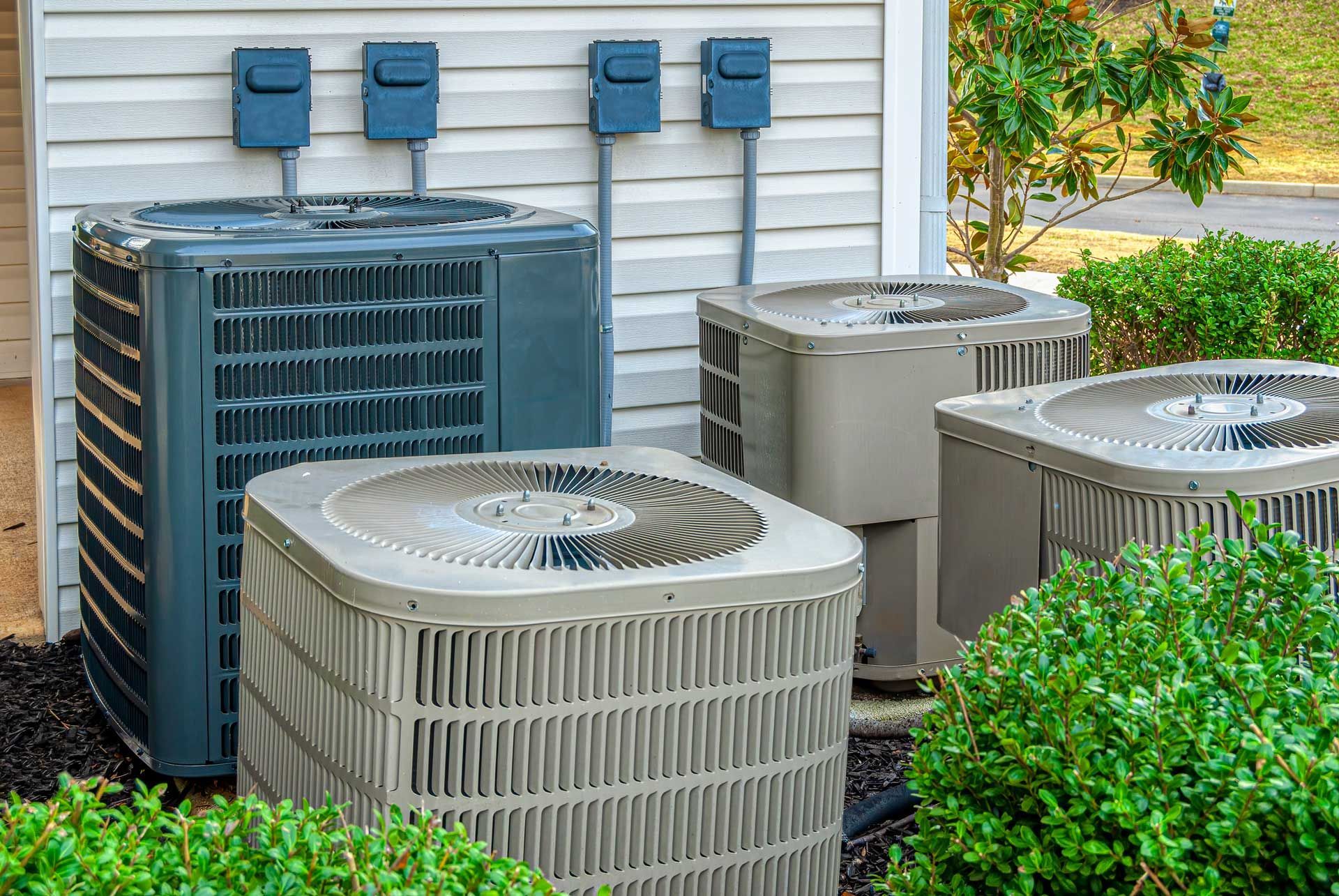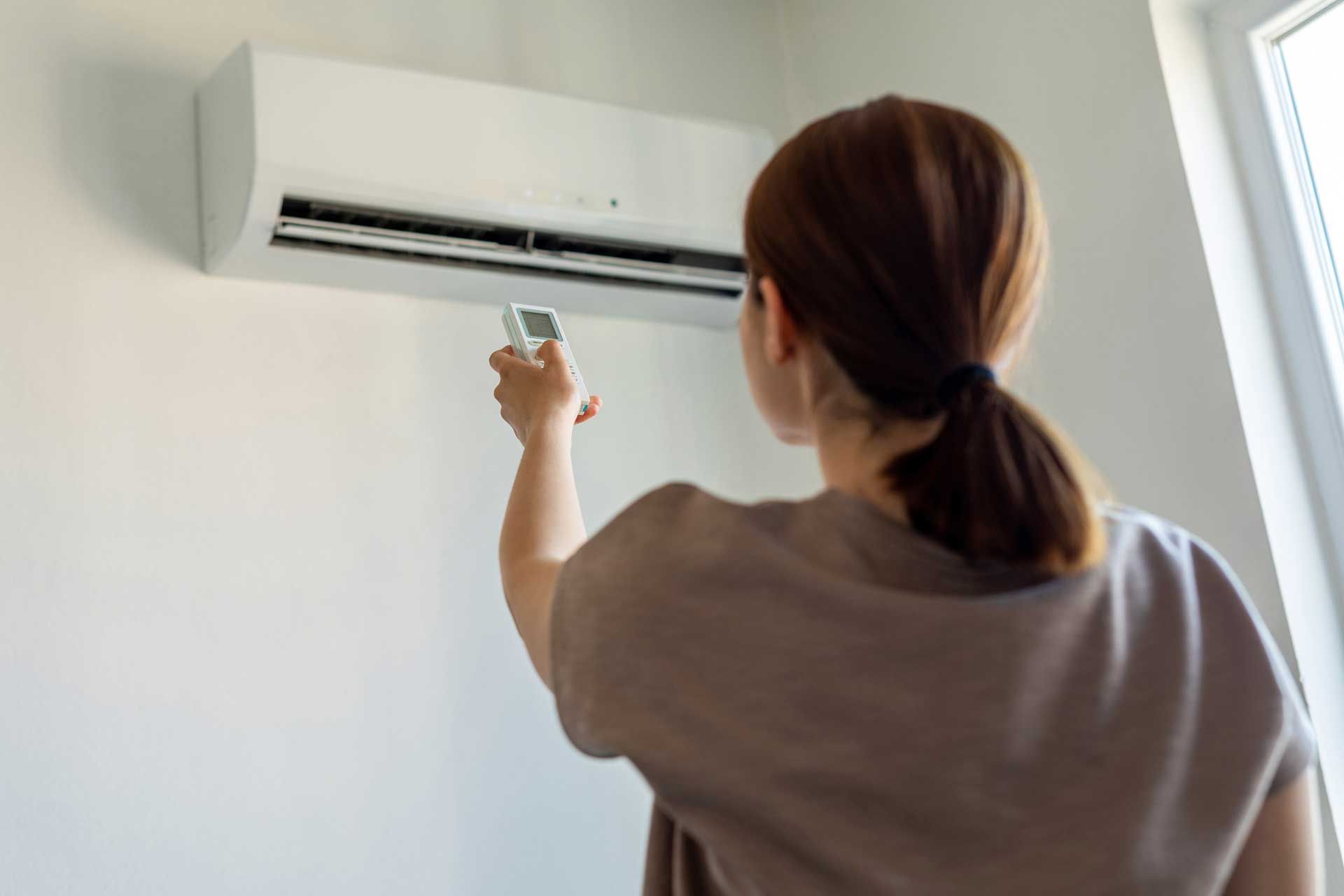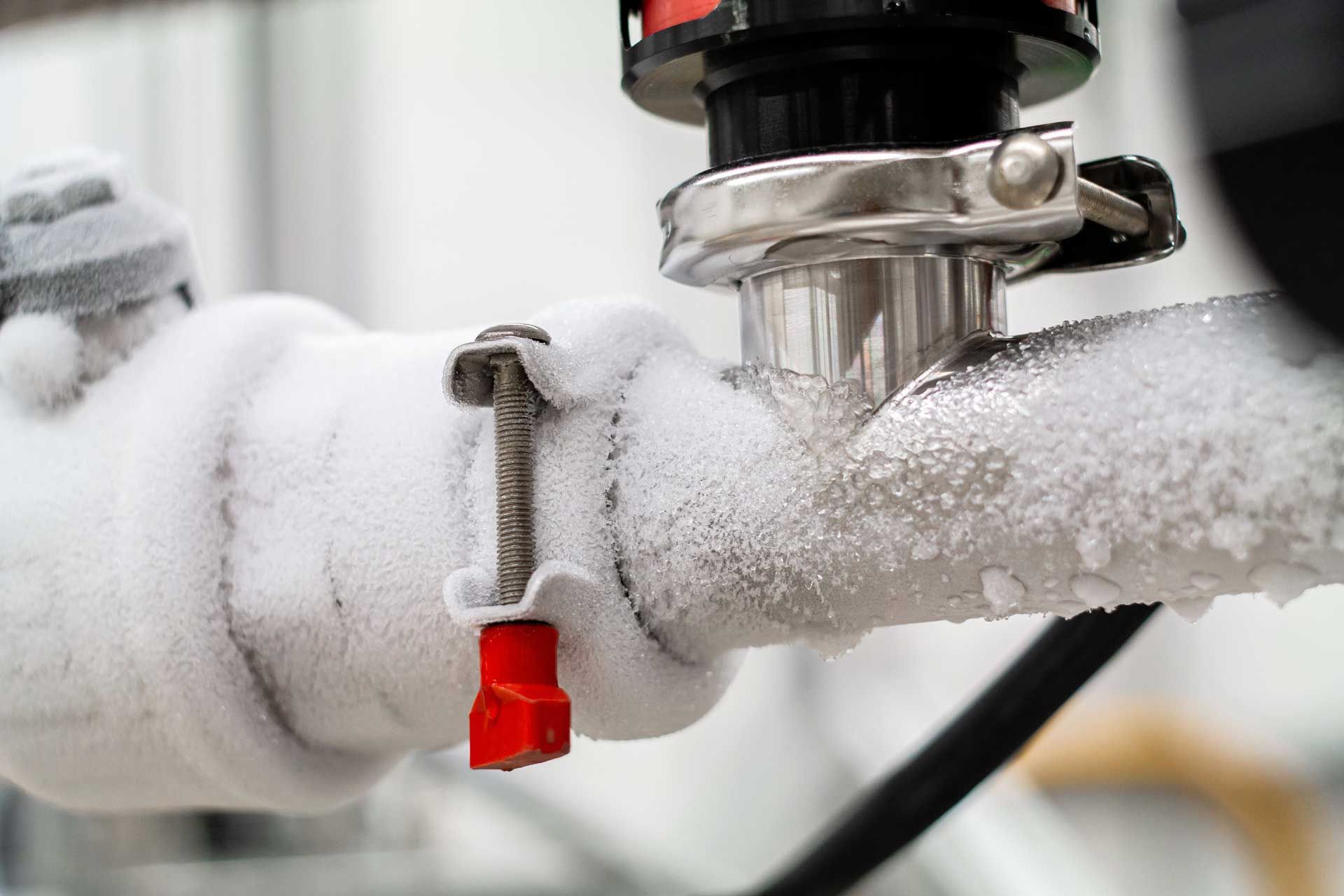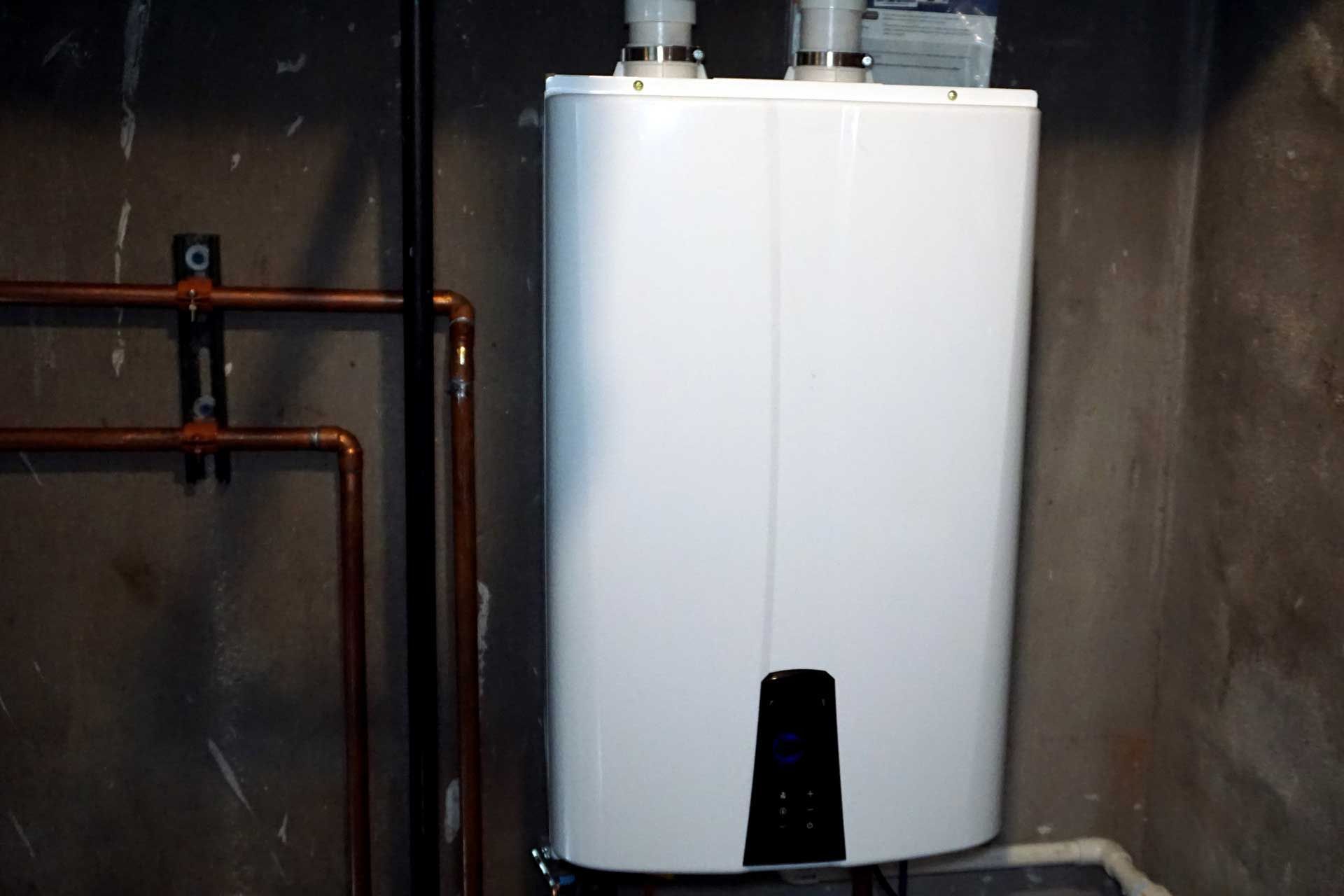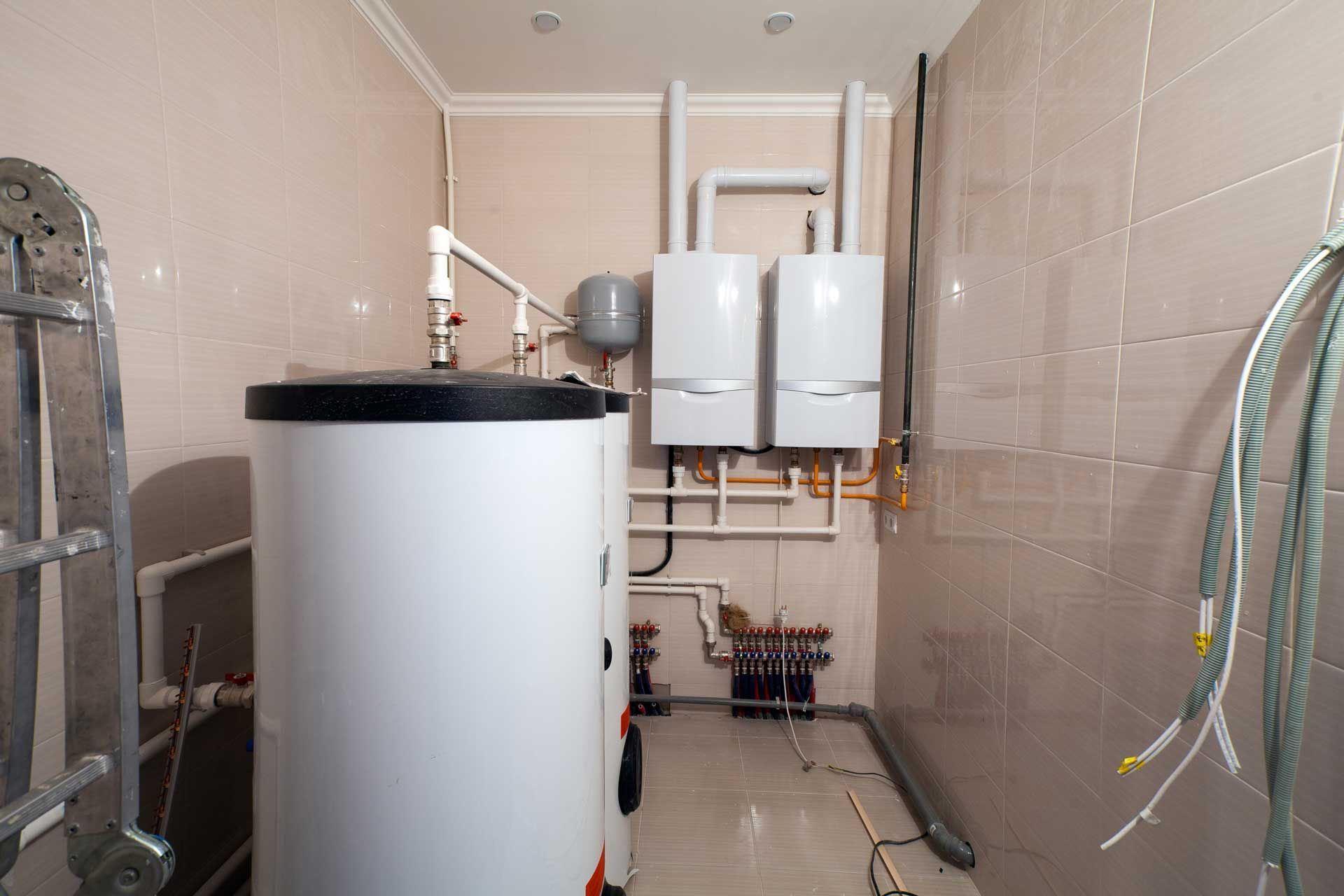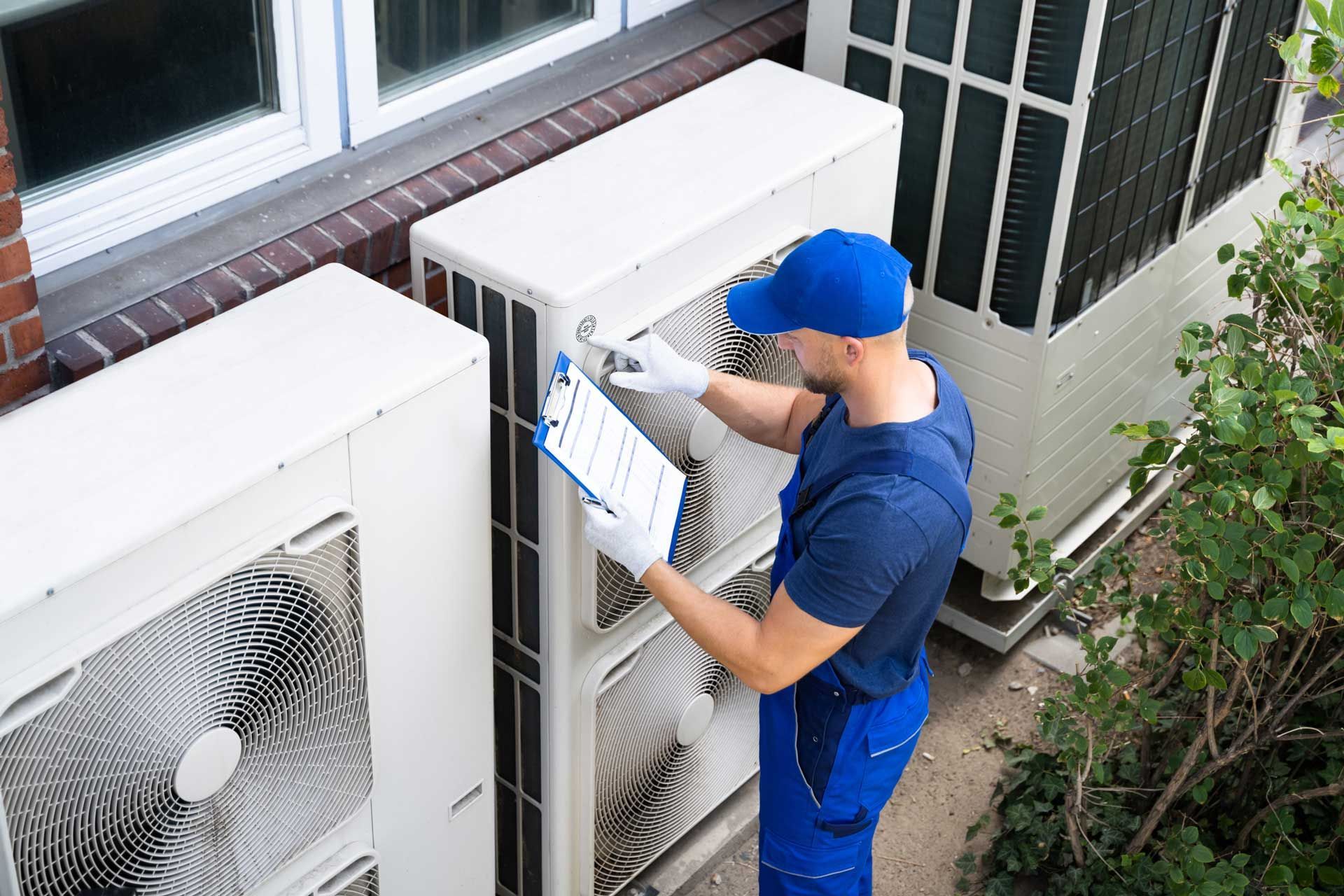Factors That Affects an Air Conditioner's Longevity

Air conditioners are usually a big investment, so most people want their systems to last the longest time possible. Below are some of the factors that determine how long an AC lasts.
Local Climate
The local climate determines how hard and how low the AC has to lower the house temperature. Moderate temperatures ease the AC's workload. Hot temperatures mean the AC has to work extra hard to cool the house.
Secondly, the length of the hot season determines how many times you use the AC each year. The more you use the AC, the more wear and tear it experiences. An extremely hot and lengthy summer reduces your AC's lifespan.
Airflow Restrictions
Proper airflow contributes to AC efficiency. The AC needs to get fresh air, cool it, and distribute it throughout the house without blockages. Thus, your AC will overwork if:
- The air filter is dirty and restricts airflow.
- The outside unit sits in a tight area (for example, between the wall and a fence) that denies it good airflow.
- Something has crushed the ductwork and reduced its capacity.
- House contents block the registers.
Placement
The outside unit of the AC is not as protected as the inside unit. The outside unit's exposure to weather elements and other things can cause damage and shorten the AC's lifespan. Discover some of the things to worry about.
Acid Rain
Most parts of the AC are metal, which corrodes. Some areas receive acid rain, which causes or accelerates corrosion. Prolonged exposure to acid rain can lead to premature damage to the condenser coil.
Dog Pee
Dog pee is also acidic and can corrode the outside AC unit. Mind this risk if you have a dog and they can access the AC unit.
Corrosive Contaminants
Corrosive particles in the air can also contribute to AC corrosion. For example, if you store or use pool chemicals near the AC, some of the chemicals might land on the metallic parts and trigger corrosion.
Flooding
Flooding can affect a condenser unit in a low-lying and poorly drained area. Floodwater can clog the condenser coil with mud, which restricts airflow. Constant exposure to water also encourages corrosion.
Care
An efficient AC lasts longer than an inefficient one. Proper AC maintenance ensures it always runs efficiently. Below are some of the maintenance practices:
- Keep the AC clean. Dirt increases the friction of moving parts, prevents air circulation, and prevents heat dissipation.
- Replace the air filter. A dirty filter restricts airflow.
- Get regular professional maintenance.
Sizing
Your AC works best if its cooling capacity matches your cooling needs. Some of the factors that affect AC sizing include:
- House size
- Floor configuration
- Number of rooms
- Size of household
- Local climate
Usage
Lastly, the AC experiences wear and tear every time it runs. Thus, an AC that runs 12 hours every day will wear out faster than AC that only runs six hours every day. Turn off the AC if you don't need cooling, for example, if you are away from home for an extended period.
Preferred Mechanical Services can help you install and maintain your AC so that it doesn't suffer premature damage. Contact us today for a quote, and we will be glad to help you.
